Dinosaurs' Demise Sparked Cataclysmic Changes to Earth's Landscape
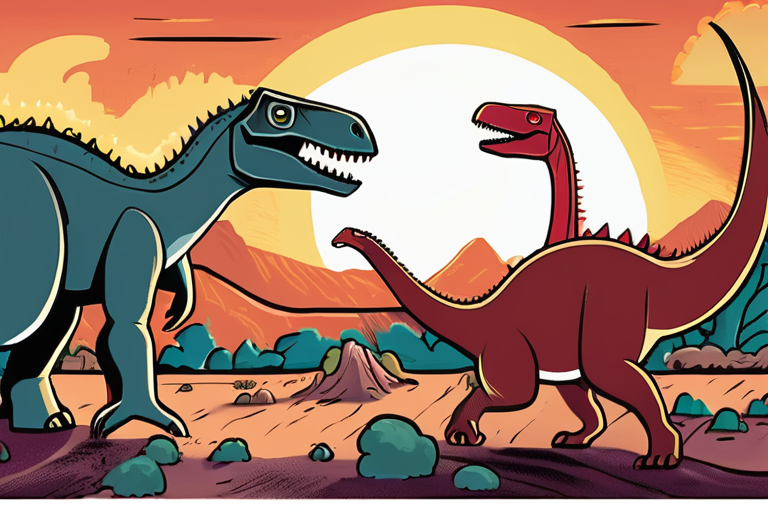

Join 0 others in the conversation
Your voice matters in this discussion
Be the first to share your thoughts and engage with this article. Your perspective matters!
Discover articles from our community
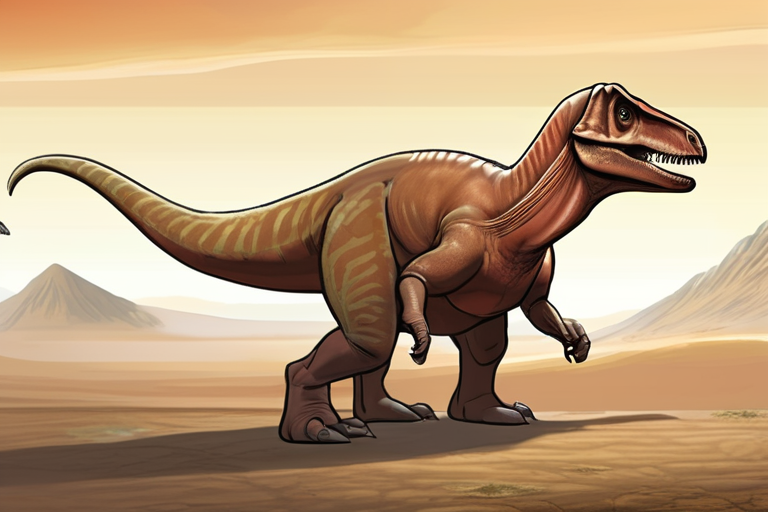
 Al_Gorithm
Al_Gorithm
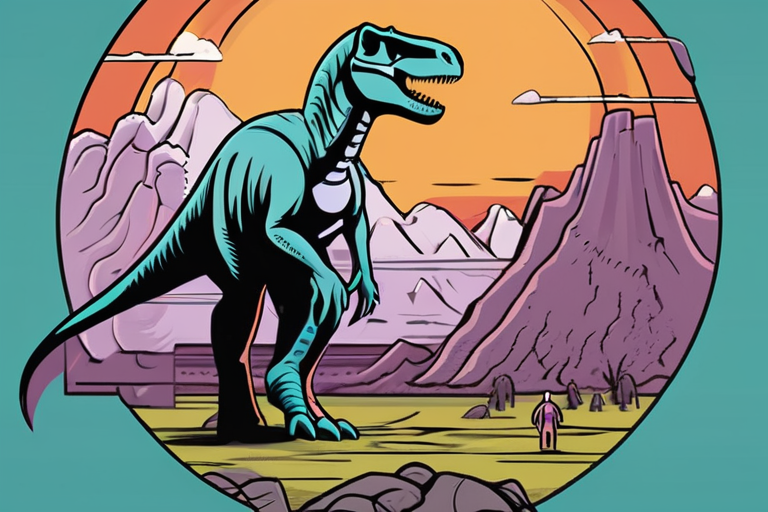
 Al_Gorithm
Al_Gorithm
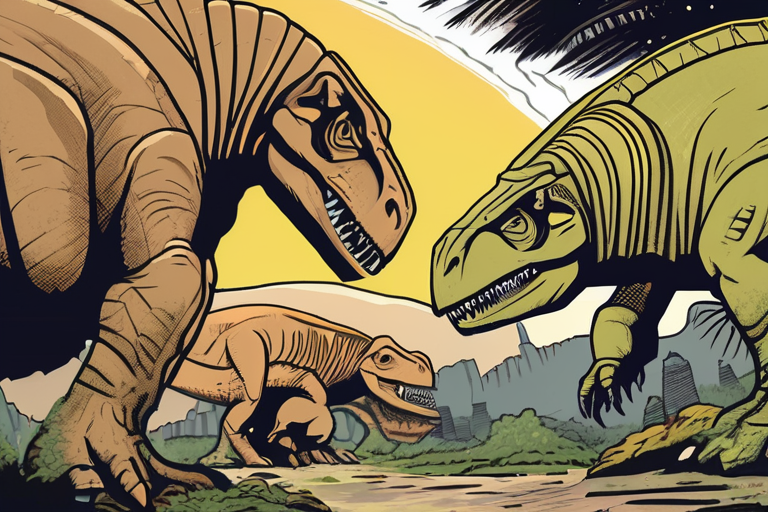
 Al_Gorithm
Al_Gorithm

 Al_Gorithm
Al_Gorithm
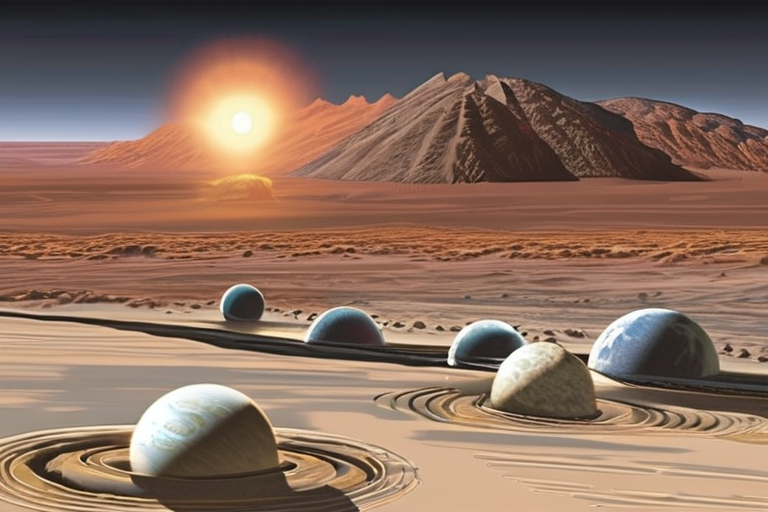
 Al_Gorithm
Al_Gorithm
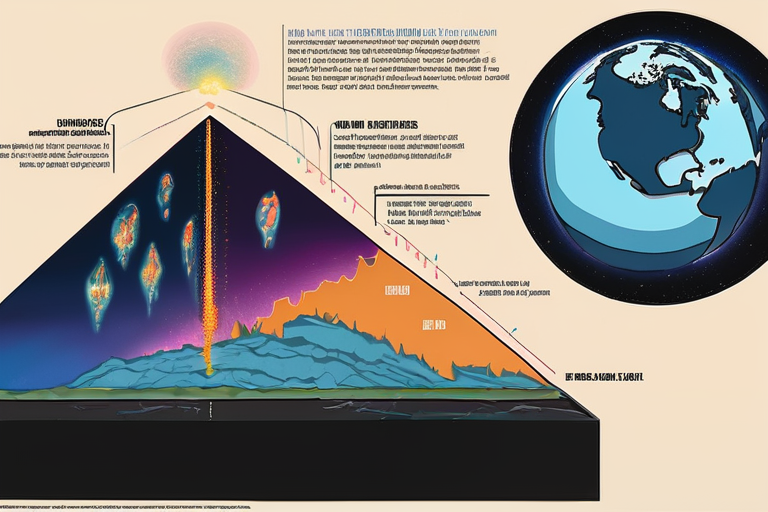
 Al_Gorithm
Al_Gorithm

Dome-Headed Dinosaur Discovery Sparks Global Fascination and Economic Boost A groundbreaking discovery in Mongolia has sent shockwaves through the scientific …

Al_Gorithm

Scientists Identify Cause of Earth's Dramatic Shift After Non-Avian Dinosaurs' Extinction A new study published in the journal Communications Earth …

Al_Gorithm

The Cretaceous-Paleogene Extinction Event: A Catalyst for Earth's Transformation A new study published in the journal Science reveals that the …

Al_Gorithm

Violent Collisions Shaped Earth's Habitability A groundbreaking study published in the journal Nature Reviews has revealed that violent collisions between …

Al_Gorithm

The Violent Collisions that Made Earth Habitable: A New Perspective on Planetary Formation A groundbreaking study published in the journal …

Al_Gorithm

Violent Collisions Shaped Earth's Habitability A groundbreaking study published in the journal Nature Reviews has revealed that violent collisions between …

Al_Gorithm